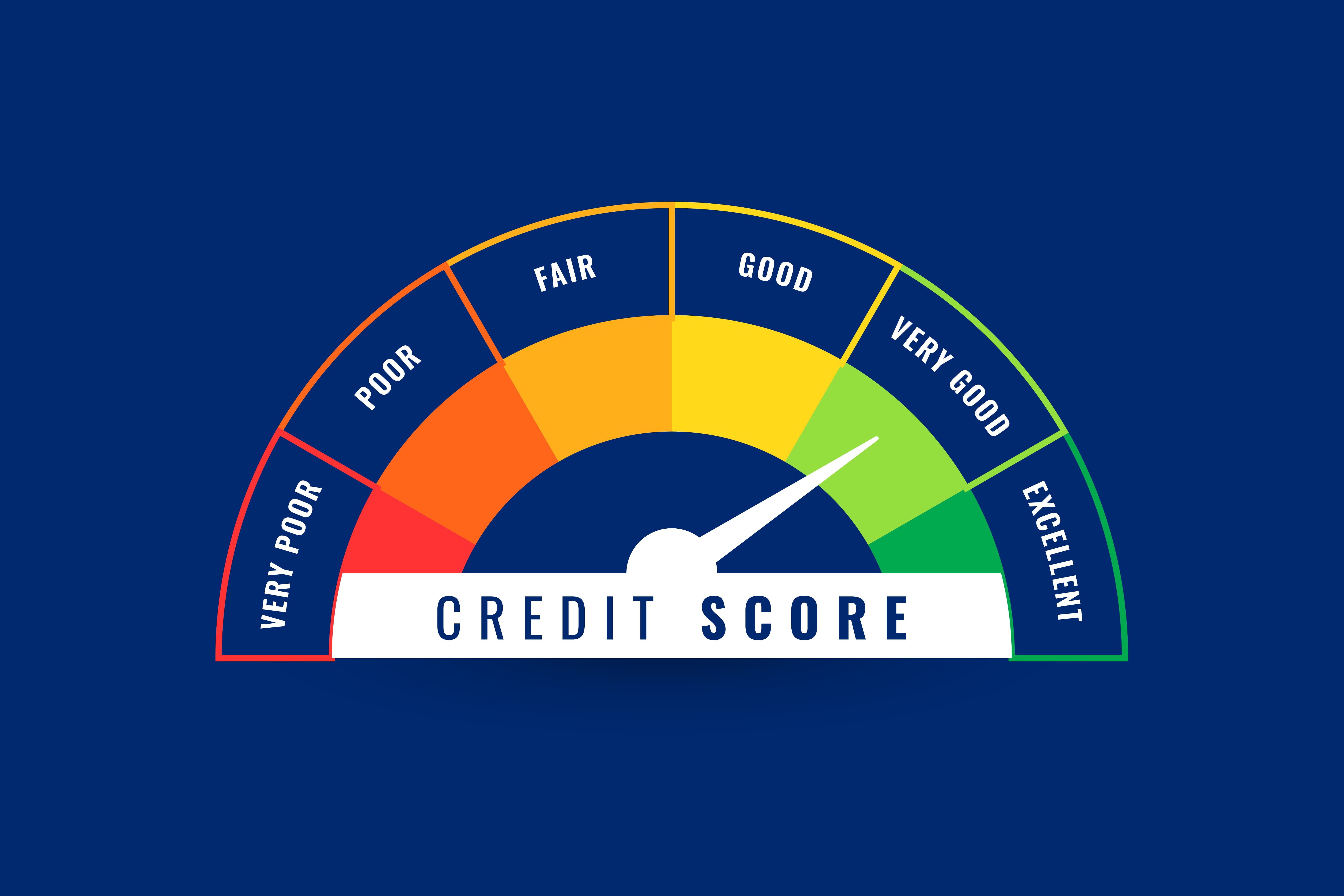How to Quickly Improve Your Credit Score for Better Loans | Practical Steps

Improving your credit score is the first step to obtaining loans with easier terms and lower interest rates. Banks and financing companies rely heavily on this assessment to determine your reliability as a customer. If your score is high, you will find better financing options, while low scores may mean loan rejection or increased interest.
In this practical guide, you will learn the most important effective ways to quickly and consistently improve your credit score.
What is a Credit Score and Why is it Important?
A credit score is a numerical rating that typically ranges from 300 to 850 (it may vary by country). The closer you are to 850, the stronger your credit standing. It is calculated based on several key factors:
Payment History: Commitment to paying bills and installments on time.
Credit Utilization: The amount of debt used compared to the limit assigned to your cards.
Credit History Length: The length of time you have been dealing with credit.
Credit Mix: Having more than one type of credit (loans, cards, mortgage).
Credit Inquiries: The number of times you apply for new loans or cards.
Best Ways to Improve Your Credit Score
1. Pay All Bills and Installments on Time
Late payment, even by one day, can negatively affect you for years.
Activate automatic payment services or phone alerts to avoid forgetting.
2. Reduce Your Current Debts
Try to keep your utilization ratio below 30% of your credit limit.
Spread expenses across multiple cards instead of relying on one card.
3. Keep Old Cards Open
A long account age raises your average credit history.
Even if you don't use an old card, try to activate it for small transactions and pay it off immediately.
4. Avoid Frequent Credit Applications
Each new inquiry (Hard Inquiry) may temporarily lower your score.
Do not apply for new loans or cards unless absolutely necessary.
5. Monitor Your Credit Report Regularly
Reports may contain errors such as unpaid debts that have not been updated.
Request a free annual copy and correct any inaccurate information.
6. Gradually Build a Positive Credit History
If you are a beginner, start with a secured credit card.
Use it for small purchases and pay it off in full each month.
Over time, banks will increase their trust in you and offer higher limits.
Conclusion: How to Get Better Loans with a High Credit Score
Improving your credit score is not something that happens overnight; it is a financial journey that requires commitment and discipline.
By following the previous steps such as:
Paying on time
Reducing debts
Monitoring the report regularly
You will notice a gradual improvement that gives you greater opportunities to obtain better loans with easier terms.